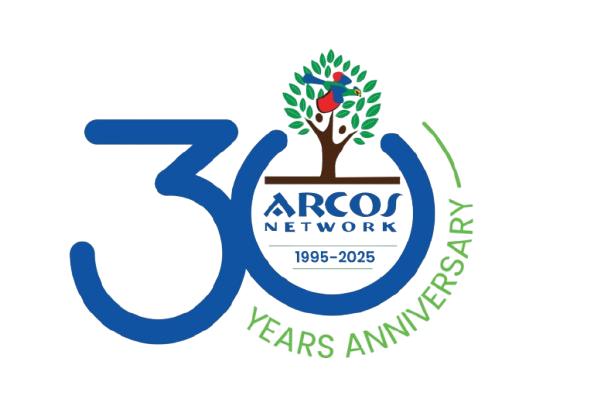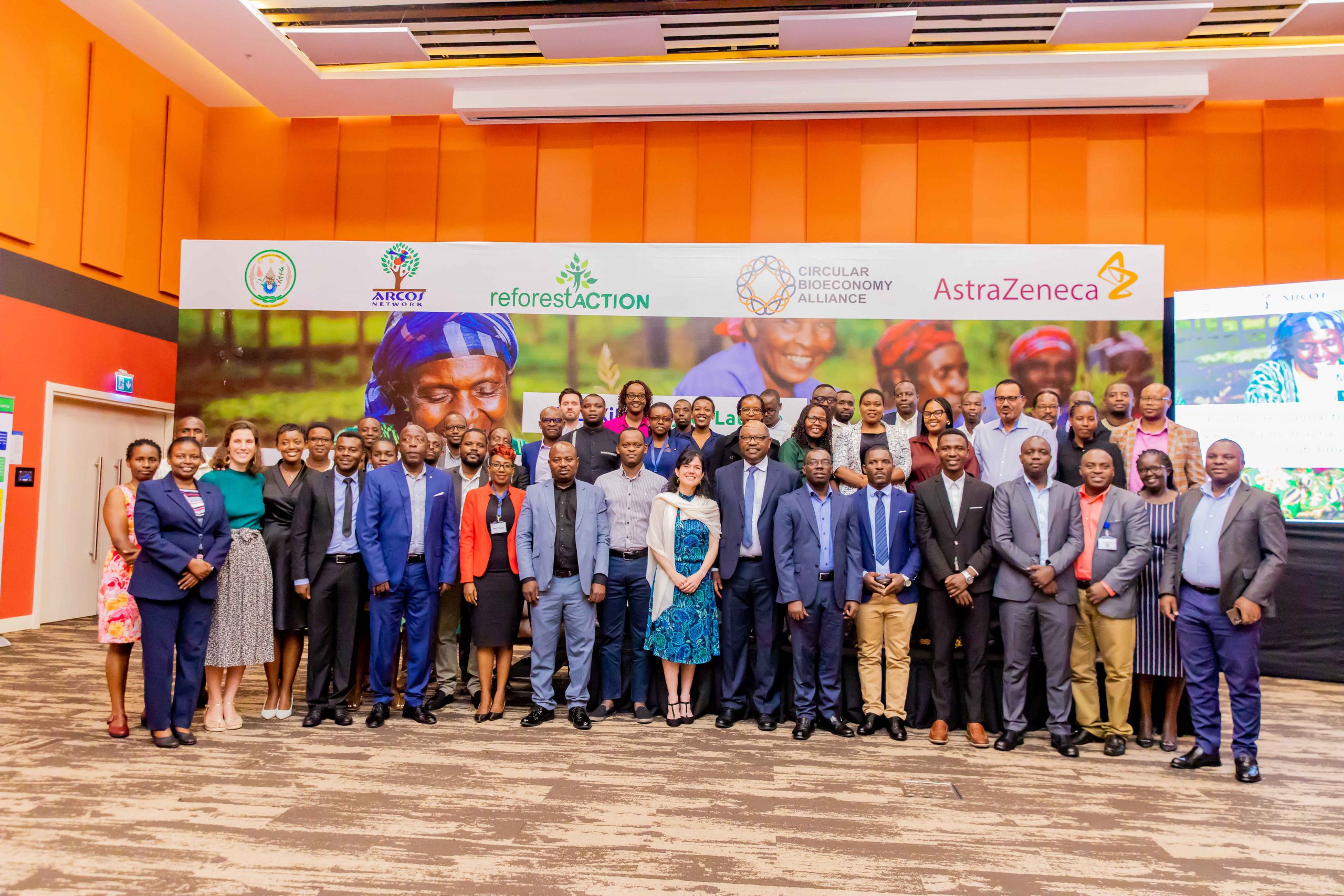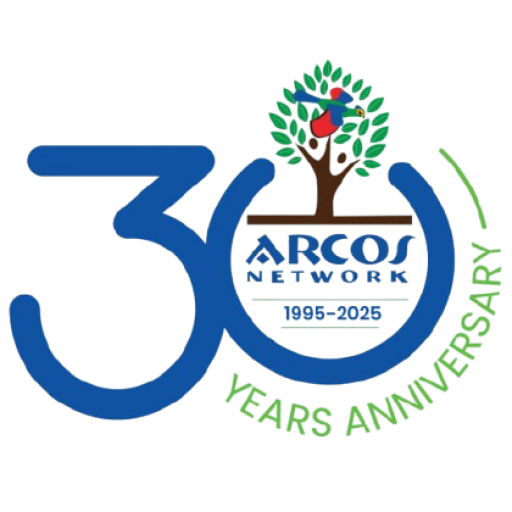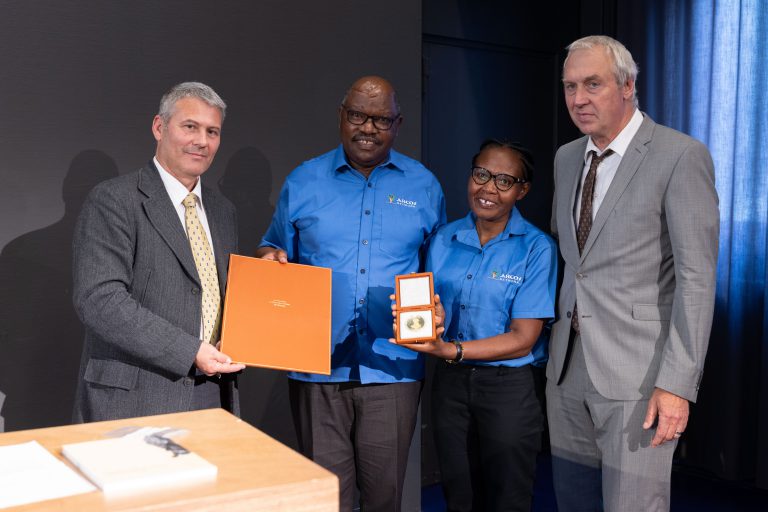Kigali, western Rwanda: Thursday, March 23, 2023 marked the launch of the “Building resilience to climate change and sustainable agriculture value chains in agro-systems around Mukura Forest and Lake Kivu Catchment Landscape”, known as “MuLaKiLa Project” in Rwanda. This partnership between multiple actors aims to implement and finance the transition to sustainable land use in the Western province of Rwanda. The project’s overall target is to restore an estimated area of 15,000 ha of land in the Rutsiro and Ngororero districts by planting over 4.5 million perennial trees (and others 5 million fast growing trees and shrubs) that will, in the end, benefit more than 30 000 farming households.
Land and forest degradation are major environmental and social issues in the Northwestern part of Rwanda: increasing population pressure leads to high dependence on traditional agriculture and deforestation to access forest resources. The negative impacts, strongly exacerbated by climate change, are now causing massive land erosion, affecting the water and biodiversity of the whole region/landscape.
The project will be implemented by the Albertine Rift Conservation Society (ARCOS) in collaboration with the Government of Rwanda and in partnership with Reforest’Action, an ecosystem restoration company, to co-design, monitor and assess the long-term impacts of this landscape restoration initiative. The MuLaKiLa project is developed within the framework of the Circular Bioeconomy Alliance (CBA), and the project design and implementation follow CBA principles. To make this large-scale project happen as of now, seed funding has been secured from AstraZeneca, a CBA member, which is the single investor.
The project will among others:
Create sustainable value chains through agroforestry :
The promotion of sustainable tea and coffee value chains is the core aspect of the project. To do so, a mixture of fruit trees – including avocado and coffee trees – indigenous and fast-growing trees will be planted in agroforestry within the coffee and tea crops of smallholder farmers.
The project’s activities will also include a training program, in order to introduce all participants to agricultural methods that shift agricultural practices toward sustainable land use.
Enhance the beneficiaries’ socio-economic conditions Through the sustainable production of tea and coffee, the project intends to enhance the community’s resilience to climate change, while allowing the population to generate a durable income and improve their food security. The active participation of farmers in the entire process will be ensured by the engagement and empowerment of a community groups network called the “Friends of Nature Association (FNAs)” and the establishment of 16 community tree nurseries.
The implementation of the pilot phase is expected to lead to a longer project period of 20-30 years. Partners are now moving forward step by step to certify the project by an international standard, which will allow its scale-up after this firstpilot year of implementation. Once this step is completed, Reforest’Action will become the project proponent and will thus have responsibility for the project.
“Our commitment to Africa extends beyond our medicines and health access programmes. We recognise that a healthy environment is deeply connected to the health of people, society, and the planet. Through seed funding for the CBA MuLaKiLa community landscape restoration project in Rwanda, we are firmly committed to supporting a healthy environment and improving socioeconomic development and livelihoods for Rwandans. I am excited to see how the MuLaKiLa project progresses,” Gagan Singh, AstraZeneca Country President for African Cluster (SA, SSA, FSA).
“We are delighted to be partnering with major players to bring this important project to life in Rwanda. The MuLaKiLa project, one of the largest restoration projects in Rwanda, will help address environmental and socio-economic issues. Reforest’Action is fully committed to the long-term success of this project” Stéphane Hallaire, President and Founder of Reforest’Action.
“The Gishwati-Mukura and Lake Kivu catchement is part of the Albertine Rift Hotspot and the Eastern Afromontane Ecoregion, one of the global biodiversity hotspots. Though, the region has been a subject to social, economic, and ecological challenges as a result of climate change and an increasing demography. It is in this context that we anticipate the project to restore the ecological functionality of the region and improve its community’s livelihoods”. Dr Sam Kanyamibwa, ARCOS Founder & CEO.
“The CBA Living Lab that we are launching in Rwanda is another example of how restoring landscapes can catalyse the creation of sustainable markets that are both nature- and people-positive,” Marc Palahí, Chair of the Circular Bioeconomy Alliance.
About stakeholders
ARCOS
The Albertine Rift Conservation Society (ARCOS) is a regional conservation organization that aims at enhancing biodiversity conservation and sustainable management of natural resources in the Albertine Rift region, Africa Great Lakes region and African Mountains through the promotion of collaborative conservation action for nature and people.
Reforest’Action
Reforest’Action is a B Corp certified company whose mission is to preserve, restore and create (agro)forestry ecosystems around the world to help address climate change and biodiversity loss. To achieve this, Reforest’Action supports and develops projects that generate ecosystem services that are monitored and assessed over time. Since its inception in 2010, Reforest’Action has implemented more than 1,440 projects in 43 countries, mainly through funding from over 3,000 companies. As a fast-growing company, Reforest’Action aims to restore and regenerate 1 million hectares of (agro)forestry ecosystems by 2030, thereby contributing to the global forestry goals. By providing nature-based solutions that meet the objectives of corporate model transformation, consistent with their carbon strategies, Reforest’Action aims to contribute to the transition to a regenerative economy.
The Circular Bioeconomy Alliance
The Circular Bioeconomy Alliance was established in 2020 by His Majesty King Charles III (formerly His Royal Highness The Prince of Wales). It provides knowledge-informed support as well as a learning and networking platform to connect the dots between investors, companies, governmental and non
governmental organizations and local communities to advance the circular bioeconomy while restoring biodiversity globally. The European Forest Institute hosts the Secretariat of the Alliance.
AstraZeneca
AstraZeneca is a global, science-led biopharmaceutical company that focuses on the discovery, development, and commercialisation of prescription medicines, primarily for the treatment of diseases in three therapy areas – Oncology, Cardiovascular, Renal & Metabolism, and Respiratory & Immunology. Based in Cambridge, UK, AstraZeneca operates in over 100 countries and its innovative medicines are used by millions of patients worldwide.
AstraZeneca supports the principles of the UN Convention on Biological Diversity and shares their 2050 vision of ‘Living in Harmony with Nature.’ The AZ Forest initiative is AstraZeneca’s global initiative to plant and maintain 50 million trees by the end of 2025, working with communities to maximise the co-benefits reforestation can bring to the local context. Please visit AstraZeneca.com and follow the Company on LinkedIn @AstraZeneca (https://bit.ly/3Lbwx0W).



